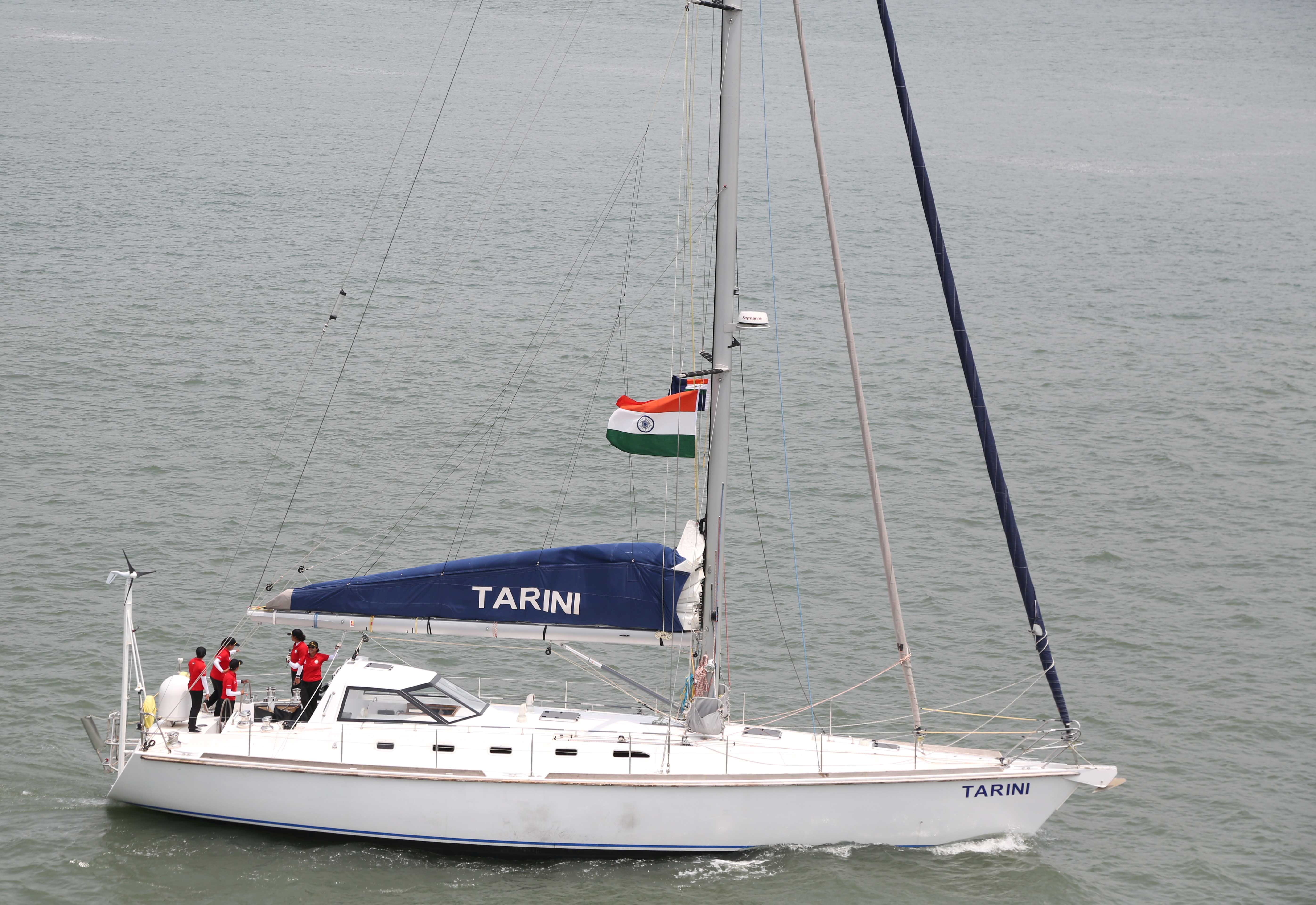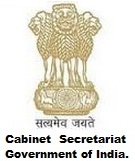After nearly two decades of negotiations, the member states of the World Intellectual Property Organization (WIPO) have adopted the landmark Design Law Treaty (DLT), marking a significant milestone in global intellectual property (IP) governance. By signing the Final Act of the Riyadh Design Law Treaty, India reinforces its commitment to fostering inclusive growth and ensuring equitable access to industrial design protection.
The DLT aims to harmonize procedural frameworks for industrial design protection across jurisdictions, making registration processes more efficient and accessible. By standardizing requirements, the treaty reduces administrative burdens, encouraging global creativity in design. It emphasizes inclusivity by prioritizing benefits for small and medium-sized enterprises (SMEs), startups, and independent designers.
Key provisions of the treaty include relaxed time limits for applications, mechanisms to reinstate lost rights, simplified procedures for recording assignments and licenses, and the ability to file multiple designs in a single application. Additionally, the DLT promotes electronic systems for design registration and facilitates the exchange of priority documents, enhancing efficiency and accessibility. These reforms align seamlessly with India’s initiatives such as the Startup India program and the Startups Intellectual Property Protection (SIPP) scheme, empowering startups and SMEs to secure global design rights, boost competitiveness, and expand market reach.
India, renowned for its rich tradition of creativity and craftsmanship, has increasingly recognized the importance of design as a driver of innovation and sustainable economic development. This policy focus has yielded impressive outcomes: over the past decade, design registrations in India have tripled, with domestic filings growing by 120% in the last two years. Notably, design applications increased by 25% in the past year alone, underscoring the country’s vibrant and evolving design ecosystem.
The adoption of the DLT represents a significant step forward in supporting global design innovation, with India positioned to play a leading role in leveraging this framework to promote creativity and economic growth.





